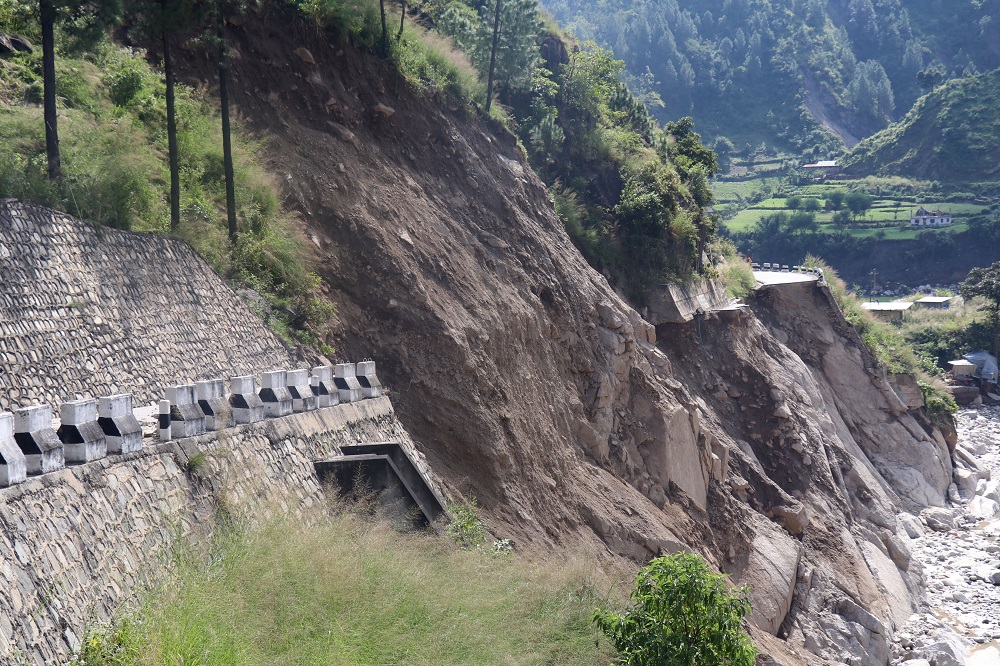The Office of the Auditor General has urged the government to restructure its concessional loan programmes, citing poor record-keeping, ineffective oversight, and widespread misuse. Despite significant spending on programmes run with concessional loans and interest subsidies, the government has failed to maintain detailed records or ensure proper monitoring of the programmes, OAG said in a report made public on Wednesday.
The Auditor General has recommended maintaining accurate records and improving loan recovery mechanisms. Although the programmes have expanded with the involvement of banks and financial institutions, concerns have emerged regarding its effectiveness and whether loans are being used for their intended purposes. Given the rising cost of interest subsidies, the report advises the government to review the programmes’ sustainability.
Between July 2021 and July 2024, interest subsidies under the concessional loan programmes surged sharply—from Rs 6.796 billion in 2021 to Rs 24.899 billion by 2024. The amount rose by 150 percent to Rs 16.968 billion in 2022, then reached Rs 22.398 billion in 2023, before peaking at nearly Rs 25 billion in 2024.
As of July 2024, banks and financial institutions had disbursed Rs 187.7 billion in concessional loans and received Rs 24.89 billion in interest subsidies, with an average subsidy rate of 5 percent. However, banks stopped approving new concessional loans for the past two years, citing delayed government reimbursements.
Facing public criticism over misuse, the government announced in the budget for Fiscal Year 2023/24 that it would restructure the interest subsidy schemes based on a comprehensive effectiveness study. It also pledged to review subsidy procedures during the current fiscal year.
Despite the programmes’ expansion, the Nepal Rastra Bank (NRB) commissioned an independent consultant to assess its implementation, amid growing concerns that individuals with privileged access were misusing the funds. In response to the findings, NRB took disciplinary action against the CEOs of 15 banks and financial institutions in the second quarter of the current fiscal year.
A source at NRB revealed that many concessional loans—meant to boost productive sectors—were instead used for real estate purchases and personal expenses. The NRB published its findings after inspecting the files of 31,664 borrowers and 1,838 projects—representing 18.34 percent of the total 172,654 borrowers.
According to the consultant’s evaluation, 7 percent of the concessional loans—amounting to Rs 6.356 billion—were found to have been misused. Additionally, 12 percent of the loans, totaling Rs 18.749 billion, were disbursed to individuals or entities that did not fall under the intended target groups.
The evaluation also found that 6 percent of the loans, worth Rs 10.491 billion, were used to obtain double loan facilities—violating the terms and conditions of the facility. Furthermore, 11 percent of the loans, amounting to Rs 21.254 billion, showed signs of irregularities, suggesting weaknesses in monitoring and enforcement.
In one test sample, 10,981 borrowers received Rs 5.345 billion for commercial agriculture and livestock purposes.
The Auditor General concluded that substantial reforms are needed to improve the effectiveness, transparency, and governance of the concessional loan programmes.











